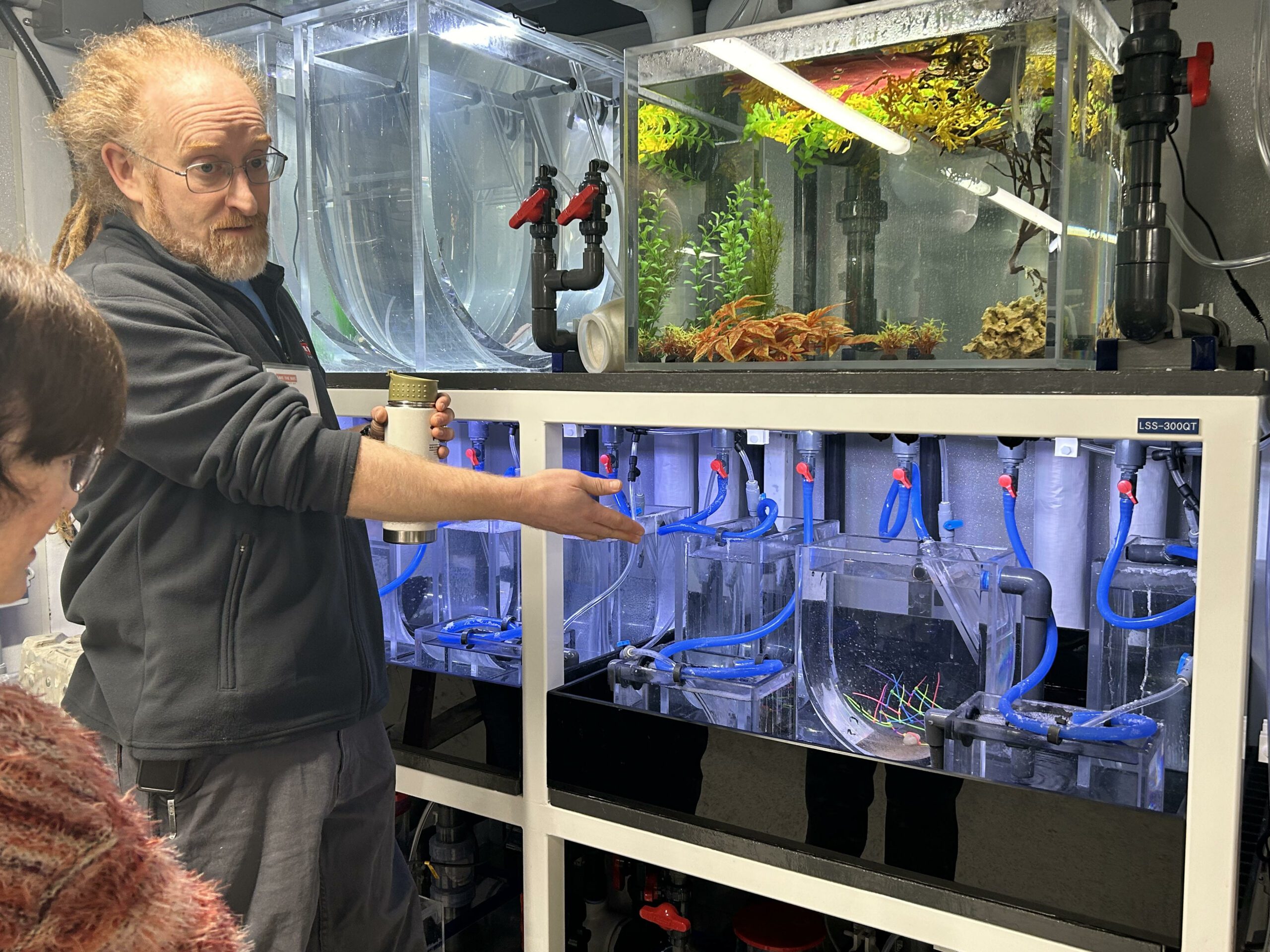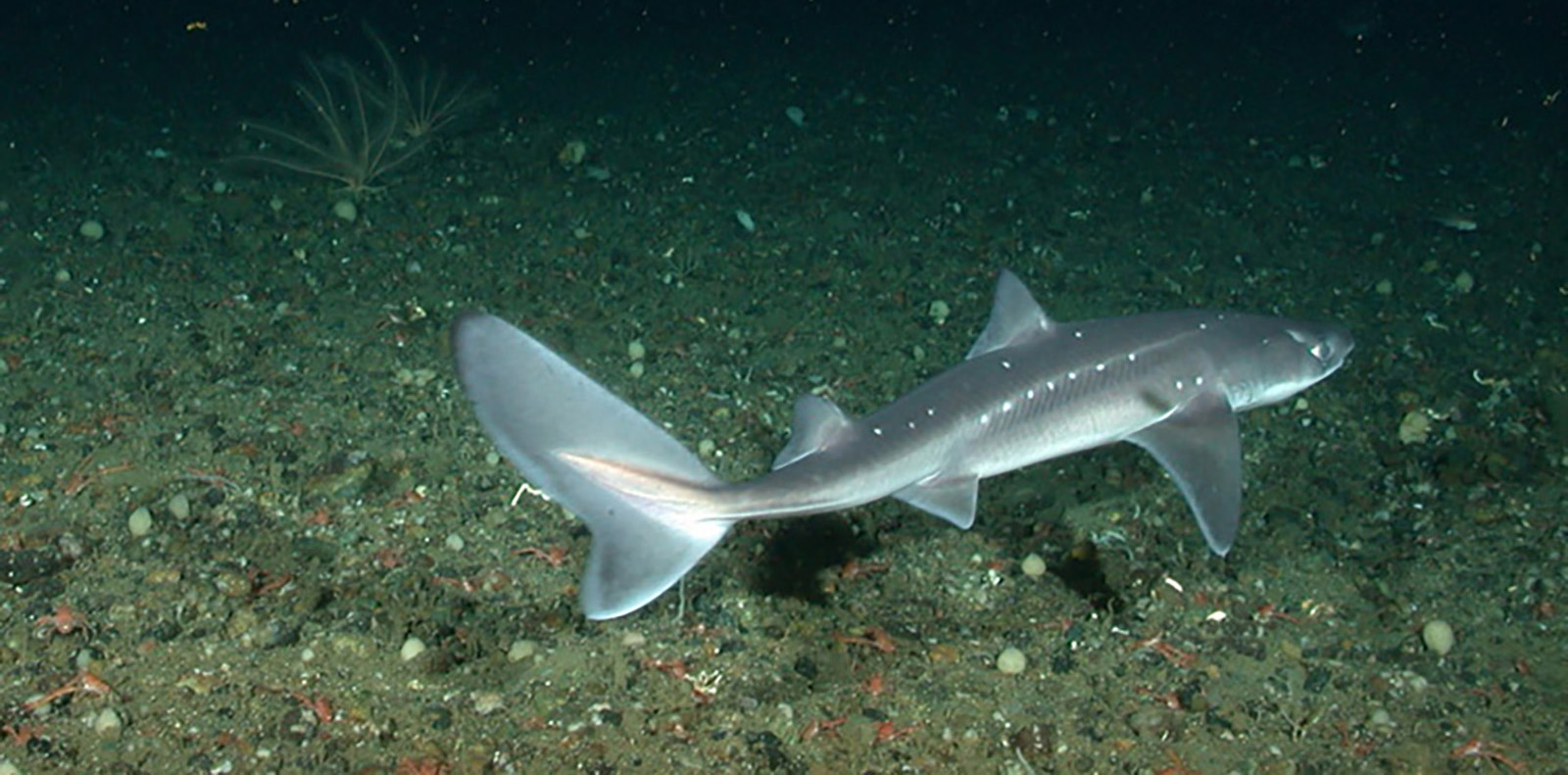Expired Terms and Illegal Appointments Cast Doubt Over Rhode Island’s Powerful Coastal Council
February 19, 2021
All seven appointed members to the currently shorthanded Coastal Resources Management Council board have expired terms. There’s also the question of whether some of the appointments are against the law.
The terms of six board members expired in January of last year, while Joy Montanaro’s term expired Jan. 31, 2016, according to the secretary of state’s website.
Three years ago the General Assembly passed legislation that gave the governor sole authority to make appointments to the Coastal Resources Management Council (CRMC) board. These structural changes to the unpaid board that oversees waterfront development and coastal regulations made it the last state entity to abide by Rhode Island’s separation-of-powers rule, something the state Supreme Court had ruled on in 2008, when it noted that the Legislature should be barred from making appointments to the CRMC board.
A separation-of-powers amendment to the state Constitution was approved by Rhode Island voters in 2004. Prior to the passage of this legislation, two members of the House and Senate were permitted to serve on the powerful CRMC board. The speaker of the House appointed two members from the general public and two from coastal communities. The governor made eight appointments.
After separation of powers were approved, the House and Senate stopped appointing state legislators to the board, but legislative appointment powers weren’t revised in CRMC’s enabling statute until the Legislature, after a decade of ignoring a court ruling, finally took action in 2018.
The push for this belated reform was led by Save The Bay, the Conservation Law Foundation, and Common Cause Rhode Island. John Marion, the executive director of the latter, argued that the CRMC board was a separation-of-powers holdout because the General Assembly wanted to keep its authority to appoint members who supported an agenda that favored coastal development. The state’s business lobby preferred CRMC’s original board makeup and appointment system and opposed the changes.
The legislative changes reduced the number of members on the volunteer board from 16 to 10, nine of whom are appointed by the governor. The changes took effect Jan. 1, 2019. The breakdown of how members are now appointed:
The director of the Rhode Island Department of Environmental Management (DEM), or her/his designee, serve ex officio and don’t count as serving from any particular municipality.
Three members are from the general public and at least one must live in a coastal municipality. The governor nominates candidates and the Senate must confirm. They are three-year terms with no term limits.
On the current CRMC board, these are the public members, with information about where they live and when they were most recently appointed supplied by the secretary of state’s office:
• Montanaro, a Cranston resident. She is a dental hygienist who served on the Cranston Zoning Board of Review for 14 years. She was most recently appointed on April 29, 2013 and confirmed July 1, 2013.
• Jennifer Cervenka, an East Greenwich resident. The board’s chair is the co-founder of a Providence law firm that specializes in environmental law. She was most recently appointed on June 15, 2017 and confirmed June 28, 2017.
• Jerry Sahagian, a Saunderstown resident. He is a real-estate agent and a liquor store owner. He was most recently appointed on Feb. 14, 2017 and confirmed April 4, 2017. He was originally appointed to the board in 2002.
Six members have to be appointed or elected officials of municipal government. Three have to be appointed or elected officials in a municipality with less than 25,000 people and three have to be appointed or elected officials in a municipality with more than 25,000 people. The governor nominates candidates and the Senate must confirm. At least five must be an appointed or elected official in a coastal municipality. They are three-year terms with no term limits.
For these six CRMC board members, state law mandates that they hold their seats “only so long as they remain in their elected or appointed office. Each municipal appointment shall cease if the appointed or elected official shall no longer hold or change the office which they held upon appointment.”
This legal requirement is where the rule of law begins to breakdown.
On the current CRMC board, this requirement applies to four members: Donald Gomez, Michael Hudner, Patricia Reynolds, and Raymond Coia. Here is a look at each member, with information about where they live and when they were most recently appointed supplied by the secretary of state’s office:
• Gomez represents a coastal community, Little Compton, with less than 25,000 residents. He is a retired Navy undersea warfare technician. He was most recently appointed on Jan. 31, 2014 and confirmed May 13, 2014. He was originally appointed to the board in 2007.
At a January 2018 Little Compton Town Council meeting, members acknowledged Gomez’s appointment as a representative to the CRMC board and approved his appointment to the town’s Charter Review Commission to fill an unexpired term until January 2019.
The Charter Review Commission currently has five members and two vacancies. Gomez isn’t one of the members.
• Hudner represents a coastal community, Little Compton, with less than 25,000 residents. He is the chairman and CEO of a Bermuda-based cargo shipping company. He was most recently appointed on Feb. 14, 2017 and confirmed April 4, 2017. He was originally appointed to the board in 2011.
At a March 2018 Little Compton Town Council meeting, members approved Hudner’s appointment to the town’s Housing Trust Board for a term that expired January 2021.
The Housing Trust Board currently has seven members. Hudner isn’t one of them.
• Reynolds represents a coastal community, East Greenwich, with less than 25,000 residents. She is the director of planning and economic development for the city of Newport. She was most recently appointed May 10, 2016 and confirmed June 16, 2016.
The secretary of the state website shows CRMC as the only board or commission that lists Reynolds as a member. ecoRI News reached out to Reynolds, but didn’t receive a response. An East Greenwich official contacted about whether Reynolds currently holds an elected or appointed position on a town board or commission wrote, “I have been here 14 years and have never heard that name before.”
• Coia represents a coastal community, Cranston, with more than 25,000 residents. He is an administrator at the New England Laborers’ Health and Safety Fund. He was mostly recently appointed on Feb. 14, 2017 and confirmed April 4, 2017. The board’s vice chair was originally appointed in 2003.
The secretary of the state website shows Coia is a member of the CRMC board and a member of the state’s Health Services Council (appointed by former Speaker of the House Nicholas Mattiello in January 2020), the Governor’s Overdose Prevention and Intervention Task Force (appointed by Gov. Gina Raimondo in March 2018), the Workers’ Compensation Advisory Council (appointed by former governor Lincoln Almond in January 1998), and the Workers’ Compensation Insurance Fund, Beacon Mutual Insurance Company, board of directors (appointed by Raimondo in April 2019).
ecoRI News emailed the city of Cranston to ask if Coia currently serves on any appointed or elected board there. We didn’t receive a response.
During a Feb. 3 Senate Committee on Environment and Agriculture hearing, the eight-member committee unanimously approved the reappoint of both Gomez and Coia. Neither was asked what appointed or elected municipal office they held.
On Feb. 10, the day the full Senate was scheduled to vote on their reappointments, as well as Cervenka’s, the confirmation vote was canceled because of the attorney general’s intervention into the controversial Champlin’s Marina & Resort’s case. Raimondo had originally nominated five current CRMC board members for reappointment, but the candidacies of Montanaro and Sahagian were pulled prior to the Feb. 3 Senate committee hearing.
In an attempt to find out the specifics — all of it pretty straightforward information — outlined in the 2018 law that restructured the CRMC board, such as what appointed or elected municipal position do the four community board members currently hold, ecoRI News reached out to CRMC’s public educator and information coordinator, the director of the Legislative Press and Public Information Bureau, the governor’s press secretary, the secretary of state’s deputy communications director, municipal officials in Little Compton, East Greenwich, and Cranston, and Sen. Susan Sosnowski, D-South Kingstown, who introduced bill S2955 three years ago.
With the exception of the city of Cranston, which didn’t respond to our media request, and a feeble response from the governor’s office, which sent us this secretary of state website link, everyone else responded and tried to be as helpful as possible. Amazingly, however, no one at the state level knew the answer to: What appointed or elected municipal position do the four CRMC community board members currently hold?
The state agencies also had some conflicting information about those currently serving on the quasi-judicial board, such as listing Reynolds as both a resident of East Greenwich and Little Compton. One state official thought she could be a Warwick resident. Also, the information on the secretary of state’s website and the information provided to ecoRI News via email don’t match exactly.
The CRMC board is supposed to consist of 10 members, but Lisette Gomes resigned more than two years ago after taking a municipal judge position and Michelle Collie, the CEO of a chain of physical therapy centers who was appointed in 2017, noted at the beginning of last year that she would not be renewing her term.
The Senate, in 2019, passed a resolution, introduced by Sosnowski, establishing a Special Legislative Commission to Study the Effect and Procedures for the Reorganization of the Rhode Island Coastal Resources Council. The 15-member commission hasn’t yet met, but resolutions were passed last year and this year to extend its life.
Sosnowski told ecoRI News that she recently sent a letter to the Senate president and the speaker of the House urging them to make appointments to the commission. She said the commission needs to start meeting “right away.”
As for the information about the coastal council’s community-appointed members, she said she would expect CRMC to have that information. She also called the board’s decision to overturn the denied expansion of Champlin’s Marina & Resort a “debacle.”
Sosnowski, who represents New Shoreham and South Kingstown, said the CRMC board needs a different model — one that works similarly to the setup at DEM with paid hearing officers and relies less on laypeople. She also said she believes the CRMC executive director should be approved by the governor and not the CRMC board.




McKee’s attention to this signature "Ocean State" issue—or lack of it—should provide an early reading as to how "green" he is. St. Patrick’s Day excepted.
Do you see how unqualified most of the CRMC members are given the decisions they are responsible for? The public has no idea how much this agency harms the environment or fails to protect the public trust with each approved application. The agency should adhere to their own regulations (as a start).
Once again, RI has a lot of perfectly good rules that nobody obeys. Why bother making rules in a system like this? To call it a banana republic would be insulting to bananas.